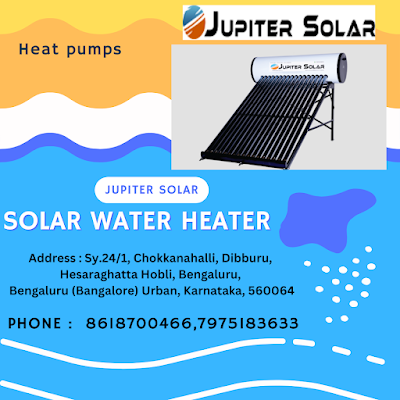Heat pumps
Heat pumps
Heat pumps
Heat pumps use outside air as their primary source of cooling, rather than electricity. These systems are designed to efficiently circulate air throughout the house to provide cool comfort while providing hot water heating. They are much quieter than electric air conditioners. They can also reduce your home's carbon footprint by not using electricity to produce the same amount of cooling.
Electric fans
Electric fans work by drawing air past a motor that rapidly spins blades inside a housing. While they may create some noise, fans are considered the best-cost choice for air conditioning, especially if you want them in your home. Electric fans also do use power to operate, making them a great option for those who want to save money.
 |
Heat pumps |
Evaporative coolers
Evaporative coolers pull cooled air from the outdoors and use moisture in the air to passively remove extra heat and humidity from the room. Because they require less electricity, evaporative coolers make a good choice. However, these units may take longer to install and need regular maintenance due to the delicate nature of evaporation.
Radiant cooling and ventilation
Radiant cooling and ventilation systems draw cool air from outside the home through ductwork and distribute it throughout the entire interior space. In addition to air distribution, radiant systems also help remove unwanted noise and odors. They have been shown to be effective at reducing indoor temperatures by as much as in degrees Fahrenheit.
Whole-house fans
Whole-house fans work by distributing conditioned air evenly throughout the house. They are a simple way to cool down rooms and increase airflow, especially useful for rooms where the temperature is constantly changing. The fan blows air along the ceiling, out the windows, or even up from below!
Ventilation
Ventilation helps keep the air circulating by removing stale air from the indoors. A properly maintained system will also help prevent mold growth.
Fan sizes
Fans should be sized according to how often they need to run; larger fans run less frequently, and smaller ones run more frequently. If you're unsure about fan sizing, an expert can help determine what size would best suit your needs.
Water Heaters
The first thing that comes to mind when we think about water heating is how much money we spend on electricity! But did you know that not only do they save you money, they help us conserve our natural environment? A good water heater should be able to deliver enough hot water at a consistent temperature to meet your daily needs while keeping the price low. In order to determine if your current water heater is the best option for your home, here are some things to consider -
- Capacity - How many gallons does the unit hold per hour?
- Temperature Range - Is it capable of reaching the required degrees Fahrenheit or above?
- Energy Efficiency - Does it use less than the total energy compared to other units?
- Installation Time - Is it simple to install and operate?
- Guarantee - Do you need a Guarantee for the entire system?
If you need a solar water heater ,contact Jupiter Solar ,www.jupitersolars.in .
Gravity Flow
Gravity flow devices or systems have become increasingly popular among consumers simply because they work well and are inexpensive. However, gravity flow devices require no plumbing work and therefore save time and money. Simply fill tanks at the top of the tank with cold water and watch as the heated water flows down to meet your demands. This type of device saves both space and money since it eliminates the need for pipes and fittings. Another benefit of using a gravity flow devices is that its efficiency remains relatively constant regardless of whether the system is running full or empty.
Electric water heaters
Electric water heaters are commonly referred to as electric storage water heaters. These units store extra heat (in the form of electricity) for later use. When demand increases, such as during peak hours, an electrical circuit switches on and heats the water until it reaches the desired temperature. Because these units are connected to the power grid, electricity bills are reduced and costs are kept to a minimum.
Tankless water heaters
Tankless water heaters are a popular choice because they don't require any storage capacity or additional piping. Instead, the water goes right to where it's needed. Tankless water heaters are more expensive upfront but offer lower monthly utility bills.
Hot Water Recirculation Systems
Hot water recirculation systems recycle hot water in your home. The advantage of this method of heating is that you can control the amount of hot water delivered to each room.



Comments
Post a Comment